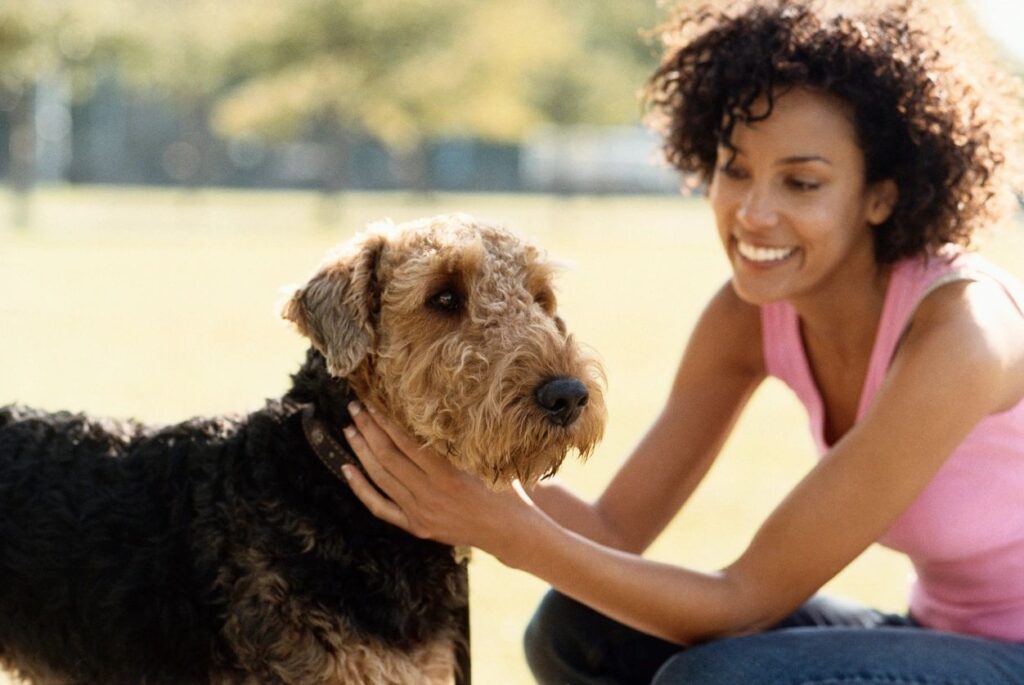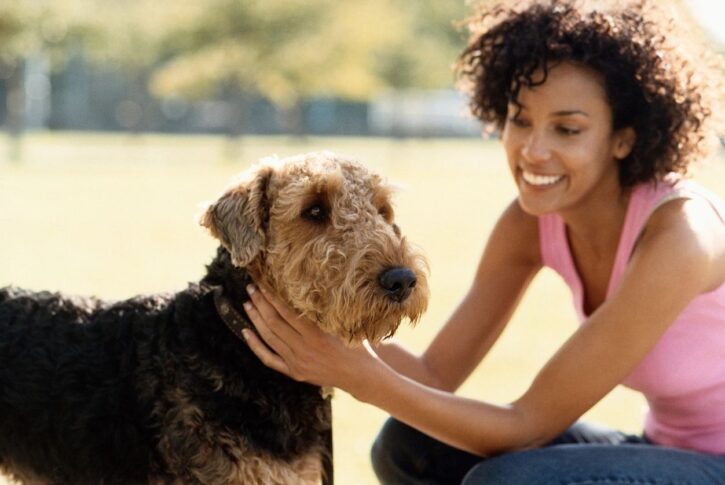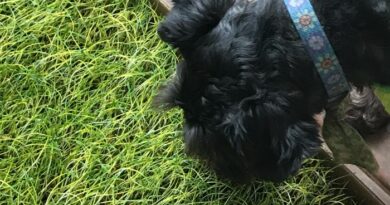
Proper Nutrition for Holistic Pet Care
Your beloved pets rely on you to take care of them, and one of the most important ways to do so is by providing them with proper nutrition. Holistic pet care emphasizes the importance of a healthy and well-balanced diet for your furry friend. In this post, we’ll discuss the benefits of a holistic approach to pet nutrition and give you tips on how to provide your pet with the best possible diet.
Why Holistic Pet Care Matters
Holistic pet care focuses on treating the whole animal, rather than just treating symptoms, so in the case of nutrition, this means considering the specific needs of your pet, such as their age, breed, weight, and activity level. Making sure that your dog has proper nutrition, will help in preventing or mitigating health issues, such as obesity or digestive problems.
Considerations When Choosing Food for Your Pets
The ingredients list is essential when checking for food for your pet, so, ideally, the first ingredient should be a high-quality source of protein, such as chicken or fish. Foods that contain artificial preservatives, colors, and flavors along with by-products or fillers should be avoided, so keep it in mind that not all pet food is created equal, and that some brands are better than others, so you should do your research and consult your vet if you’re unsure.
- Homemade vs. Commercial Diets
Some pet owners prefer to make their own pet food, rather than buy commercial diets and while this can be a good option, it’s important to make sure the diet is balanced and complete. Homemade diets should contain a variety of proteins, vegetables, and grains, and should be carefully measured to avoid overfeeding or underfeeding. It is essential that you consult a veterinary nutritionist for guidance if you feel that you are not confident in your ability to create a balanced diet for your pet.
- Supplements and Treats
Although giving supplements to your pet can be a useful addition to your pet’s diet, it should be used to replace a healthy and well-balanced diet. Common supplements include fish oil, probiotics, and joint support supplements. Treats should also be given in moderation, as they can add extra calories and contribute to weight gain so make sure that you look for high-quality treats that are made with natural ingredients, and be mindful of your pet’s overall calorie intake.
- Feeding Your Pet
Your pet’s age, size, and activity level will determine the frequency and amount of food that you feed your pet because most adult dogs and cats can be fed once or twice a day, while puppies and kittens may require more frequent feedings. Always provide fresh water, and feed your pet in a quiet, calm environment. Avoid free-feeding, as this can lead to overeating and weight gain.
Your pet’s health and well-being depend on proper nutrition, and a holistic approach to pet care emphasizes the importance of a well-balanced diet. When shopping for pet food, choose high-quality brands that are free from fillers, artificial ingredients, and by-products. Consider making your own pet food under the guidance of a veterinary nutritionist, and supplement your pet’s diet with natural supplements and treats.
Understanding your pet’s nutritional needs
Being a pet parent brings a lot of joy and comfort to our lives and we surely want our furry friends to be healthy and happy. Though traditional veterinary care is crucial, holistic pet care is gaining popularity for its natural and drug-free approach to treating and preventing illness. Proper nutrition plays a significant role in holistic care, and we’re here to guide you on giving your pets the best possible nutrition for their holistic well-being.
Just the same as humans, our pets also have individual nutritional needs that are based on their age, breed, activity level, and their overall health. Before starting a new diet, consult your veterinarian to assess your pet’s requirements since it will need some key nutrients for your pet’s diet like protein, fat, carbohydrates, vitamins, and minerals. Holistic pet foods are usually made of whole, natural foods that can provide these nutrients for your pets.
- Ingredients to Avoid
When choosing food for your pets, it’s essential to read the ingredient labels carefully because there are some ingredients to avoid like artificial preservatives, colors and flavors, by-products, fillers, corn, and soy. These harmful ingredients can cause inflammation, allergies, digestive problems, obesity, and other health problems. Choose foods with high-quality meats, vegetables, fruits, and whole grains like brown rice, oatmeal, or quinoa.
- Homemade Pet Food
Making homemade pet food is an excellent option for ensuring your pet’s nutrition and giving your pet variety. Homemade food can include cooked meats, vegetables, and grains for a balanced meal so be sure that you keep in mind that homemade food should be carefully planned and prepared to avoid any nutrient deficiencies or excesses. Consult your vet to know the appropriate proportions and supplements if needed.
- Alternatives to commercial pet food
Some pet parents seek alternative diets like a raw-food diet, vegetarian diets, or grain-free diets. Raw-food diets are based on feeding whole, uncooked meats, bones, and raw fruits and vegetables. Vegetarian diets exclude meat and sometimes all animal by-products in favor of plant-based proteins. Grain-free diets exclude grains altogether and rely on vegetables and legumes for carbohydrates. While these diets have various benefits, they also have some drawbacks. Consult your vet before choosing an alternative diet.
- Importance of Hydration
When it comes to looking after your furry friend, there are a number of things that need to be taken care of – from providing a nutritious diet to taking them for regular walks. However, one aspect that is often overlooked is hydration so see to it that your pet stays hydrated as this is one of the most vital components of holistic pet care.
Hydration is vital for overall health, and it’s no exception for pets, so see to it that your pets have access to clean water throughout the day. Along with water, try to include moisture-rich foods like wet or canned food in their diet. Proper hydration helps regulate the body temperature, enhance digestion, and keep the skin and coat healthy.
Proper nutrition is critical to your pet’s overall well-being, and it’s an integral part of holistic pet care which is why obtaining a proper understanding of your pet’s nutritional needs, choosing the right food ingredients, and providing plenty of hydration can help your pets live long and healthy lives. Consult your vet before making any changes to your pet’s diet, and make sure to provide your pets with a balanced and varied nutritional diet. With the right nutrition, your pets can maintain a healthy weight and have bright eyes, strong bones, and a happy tail.









